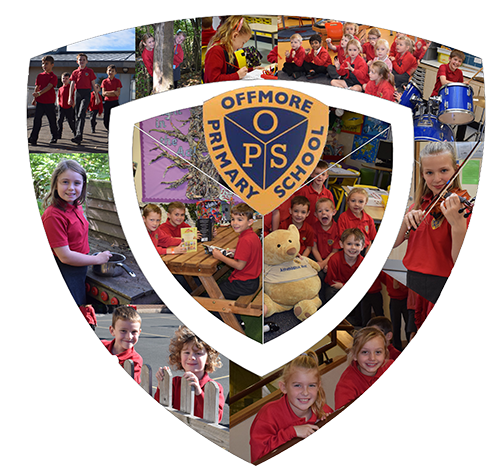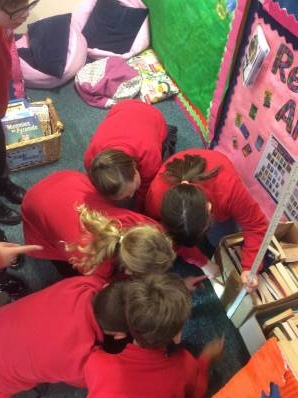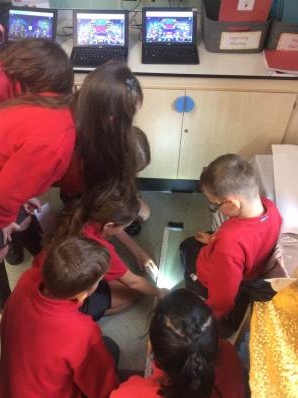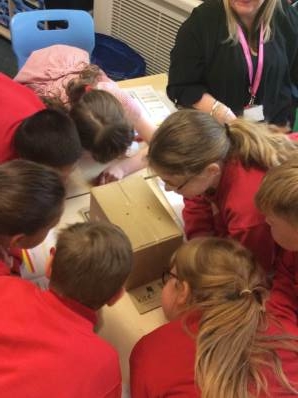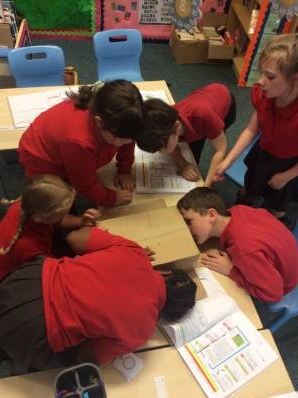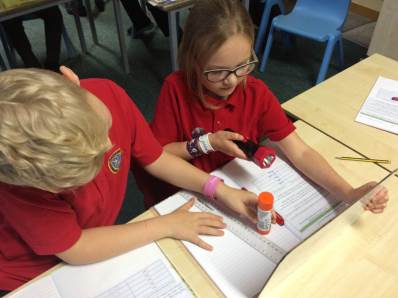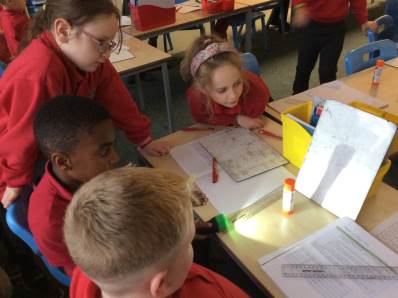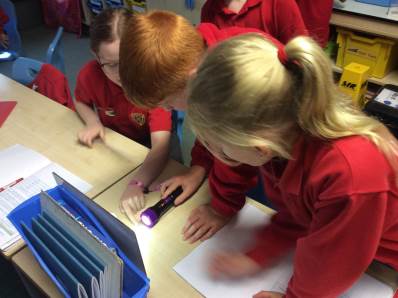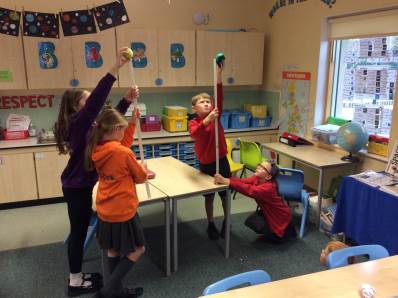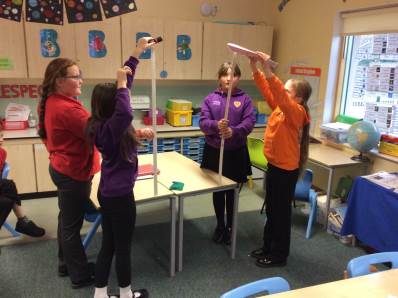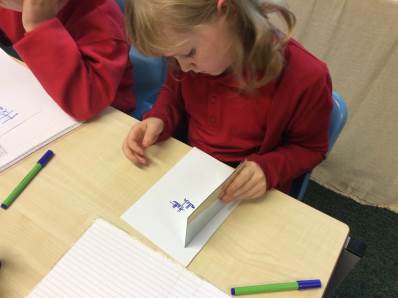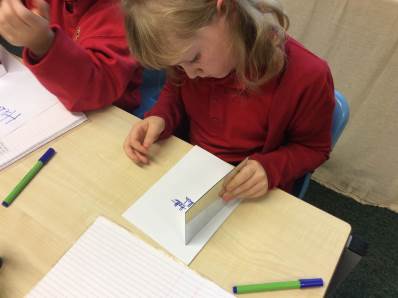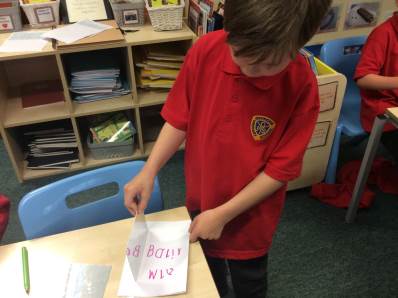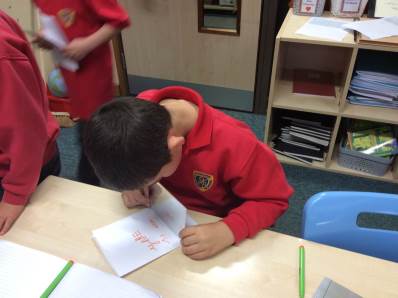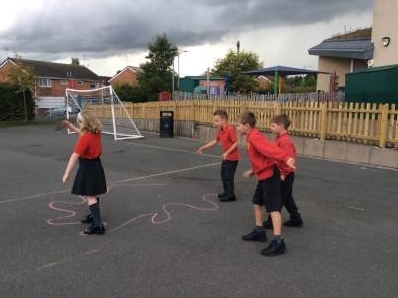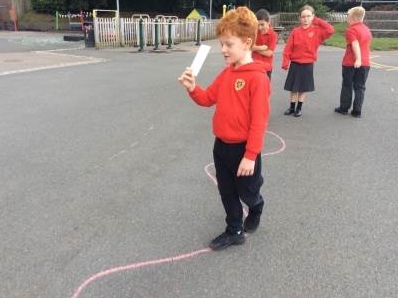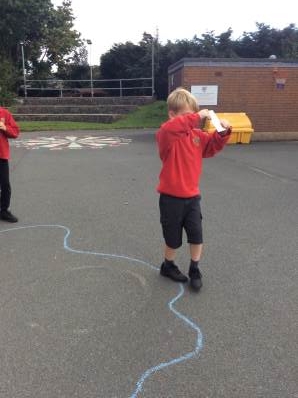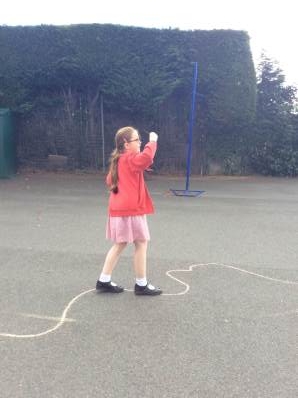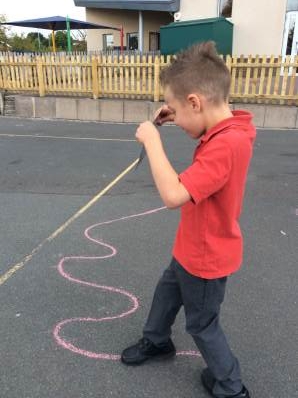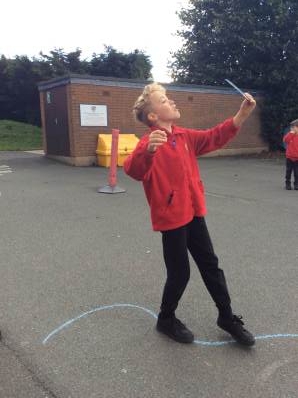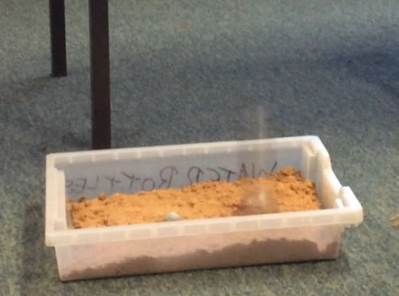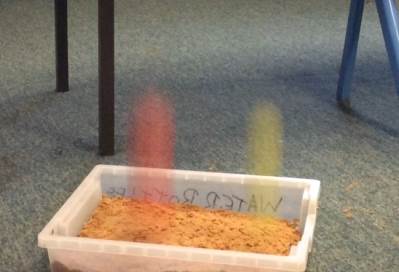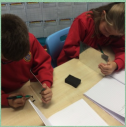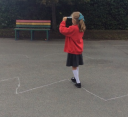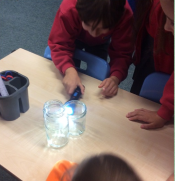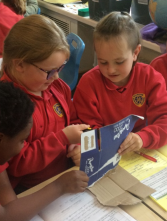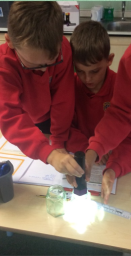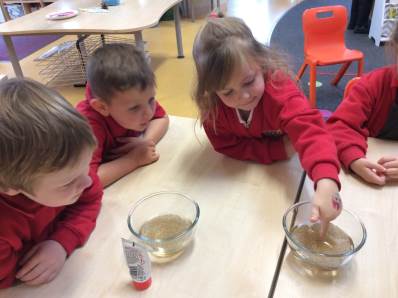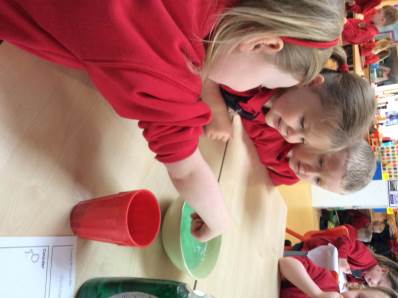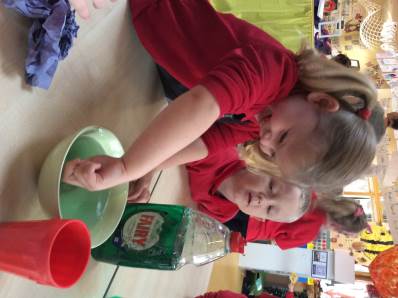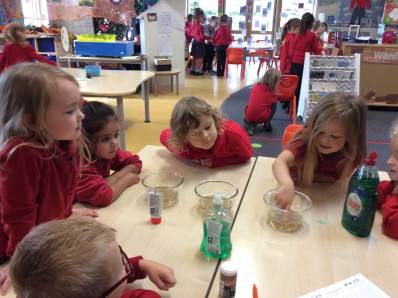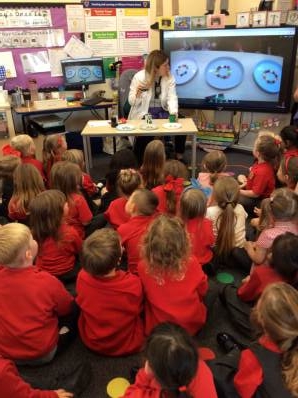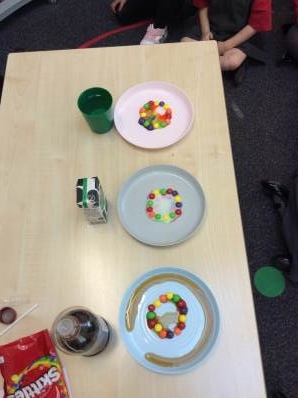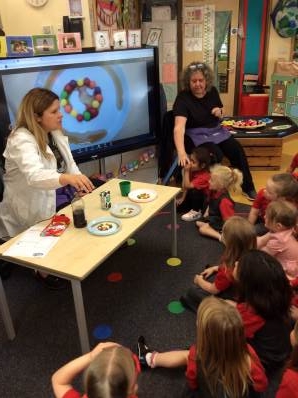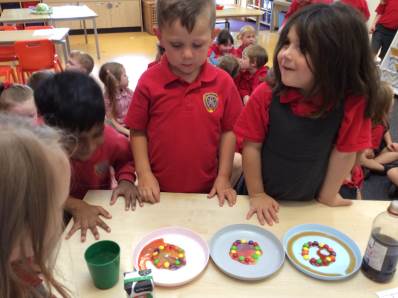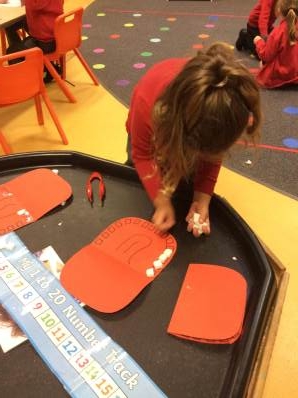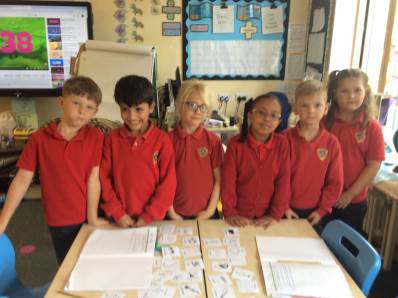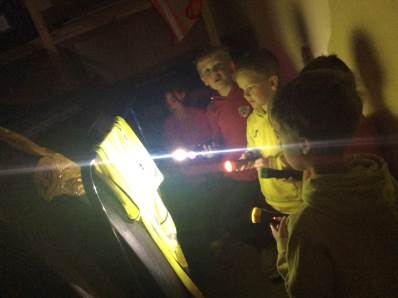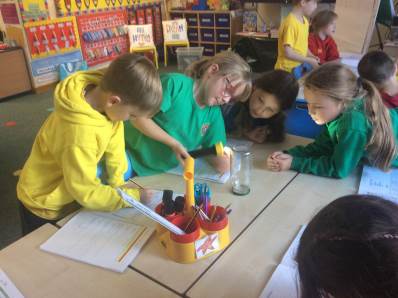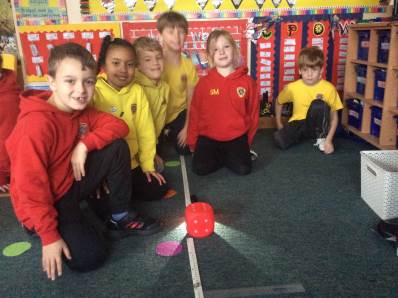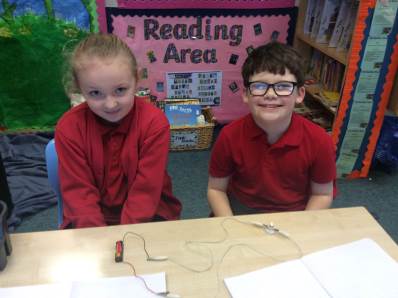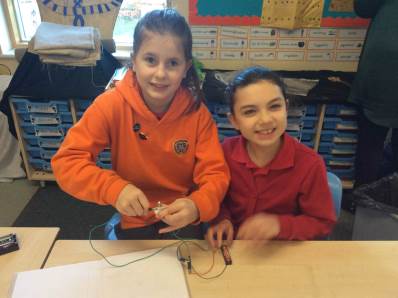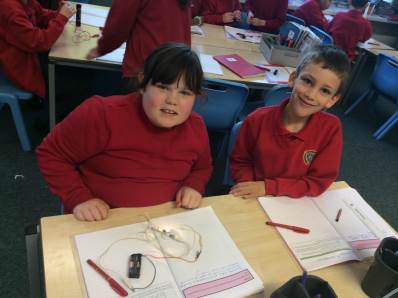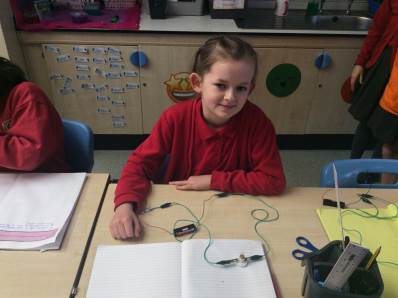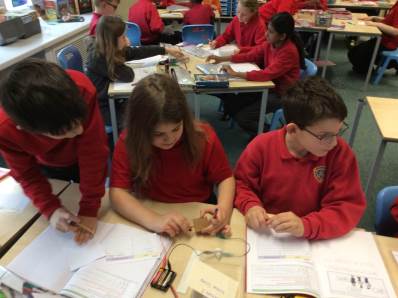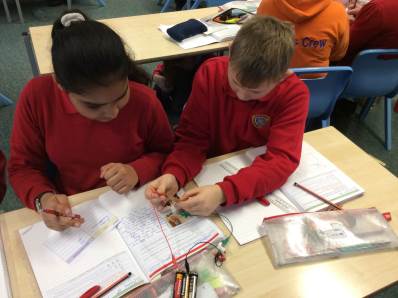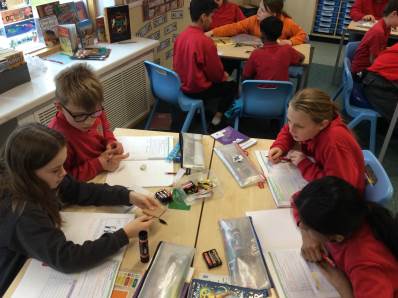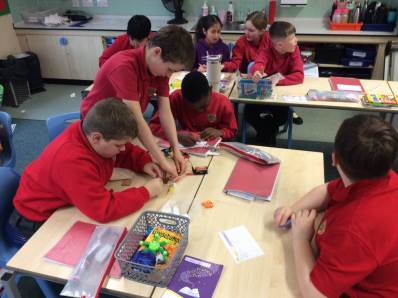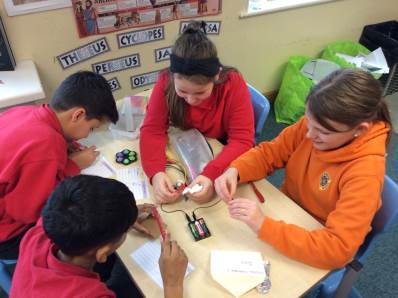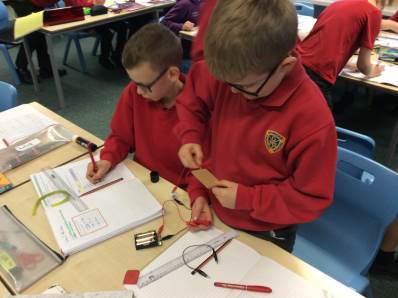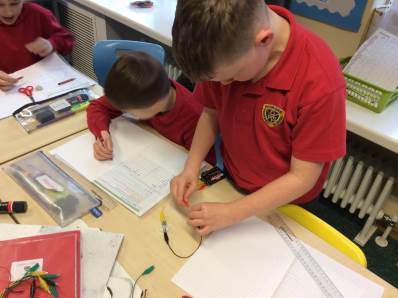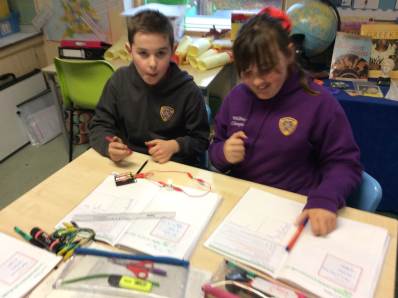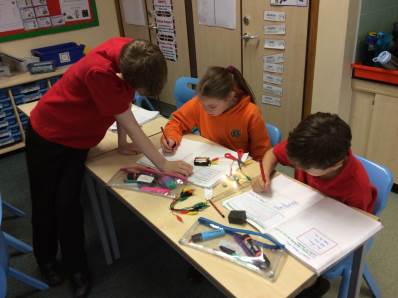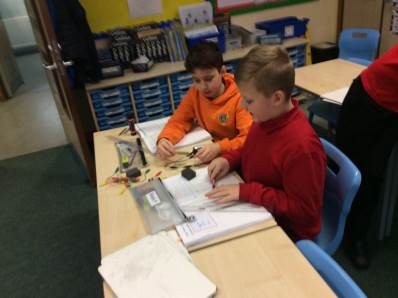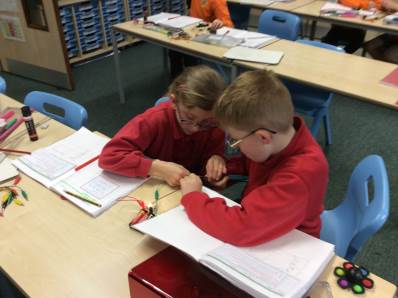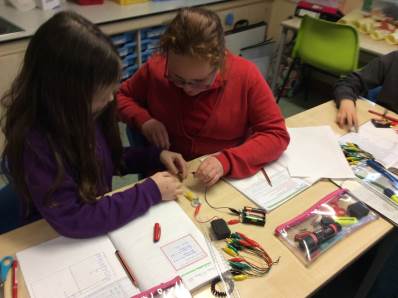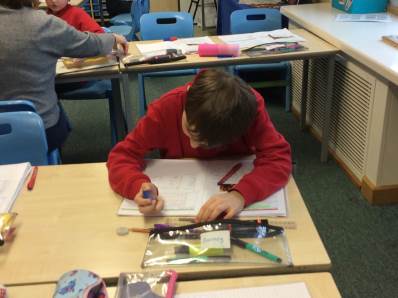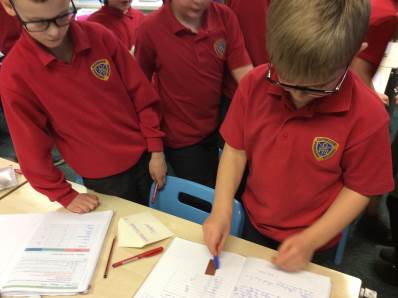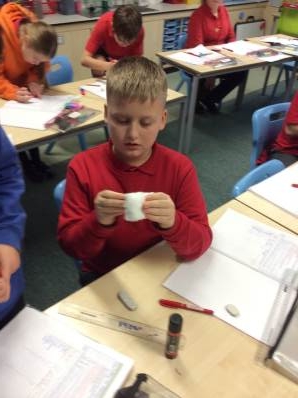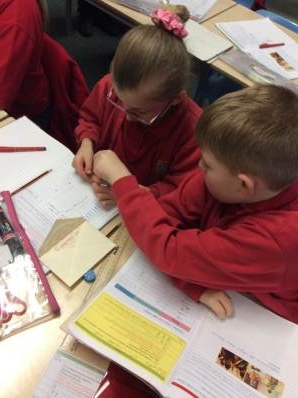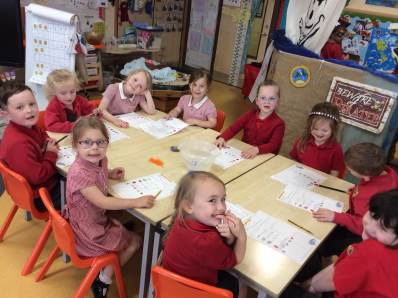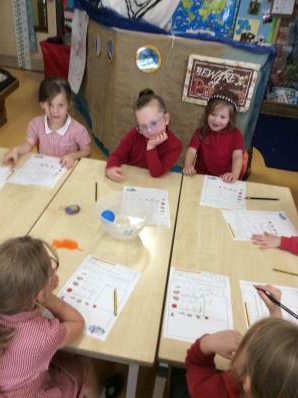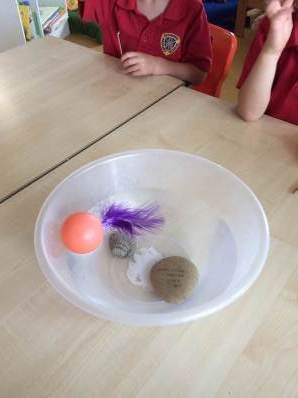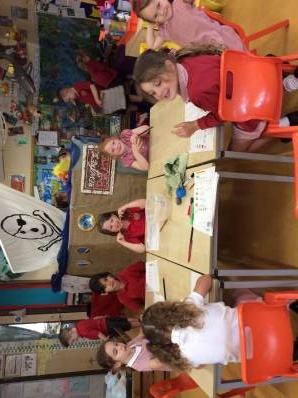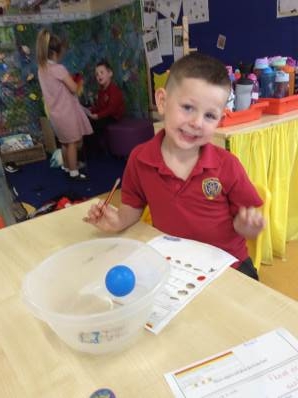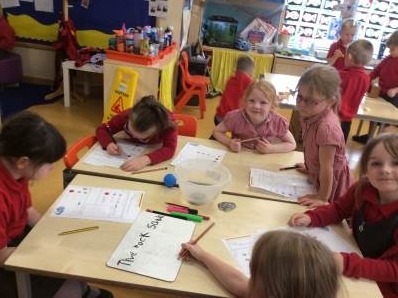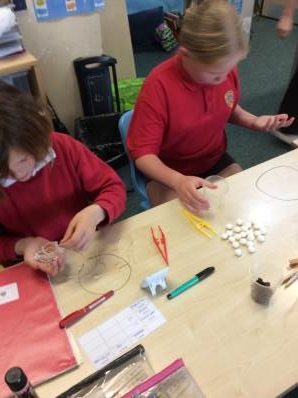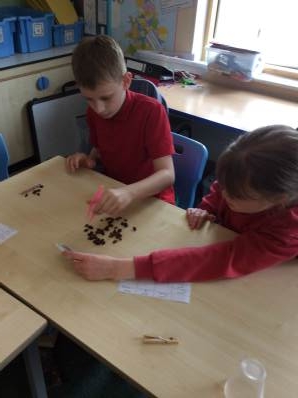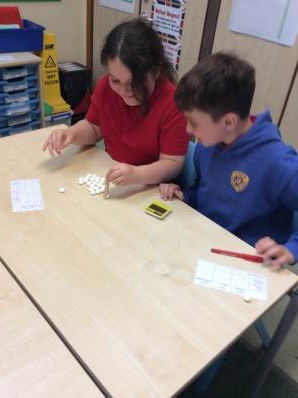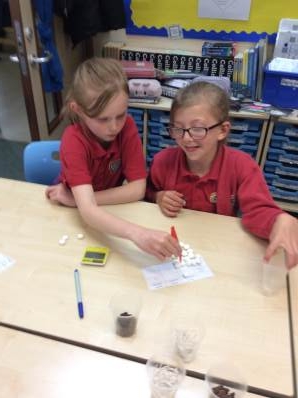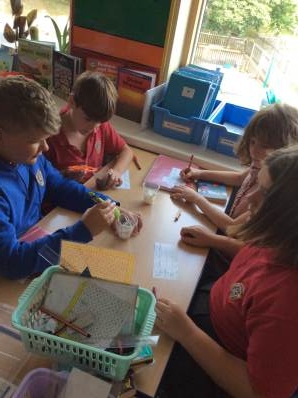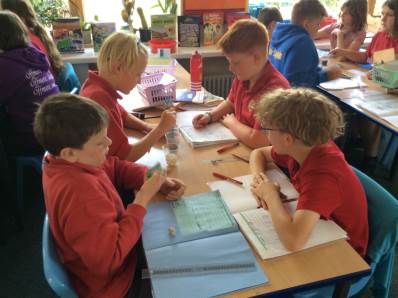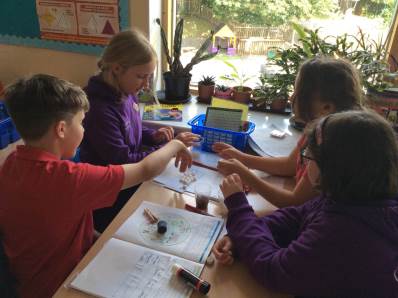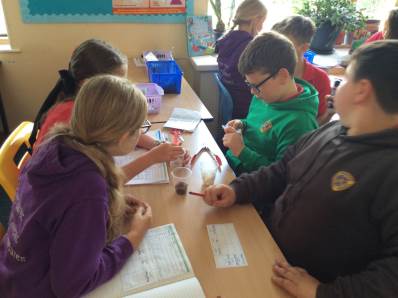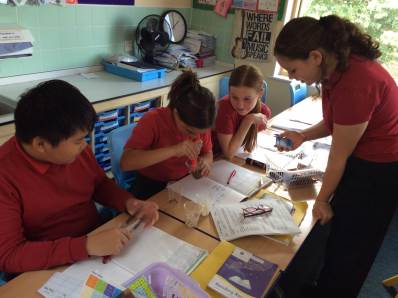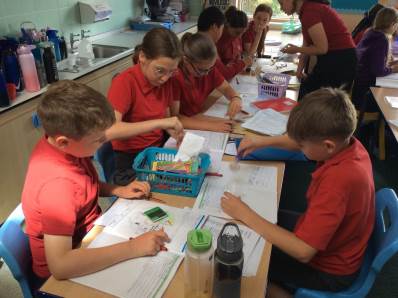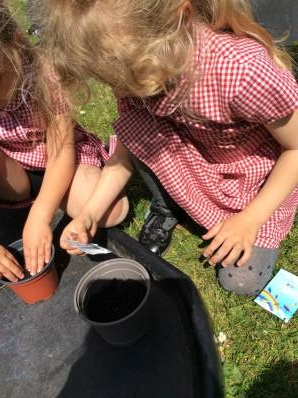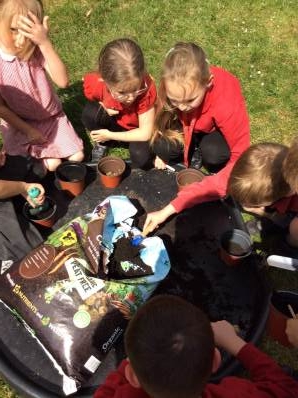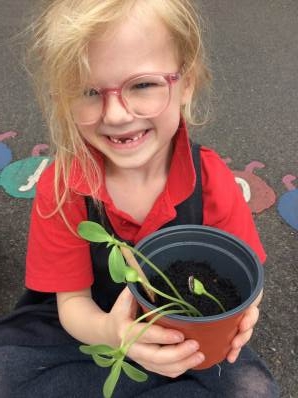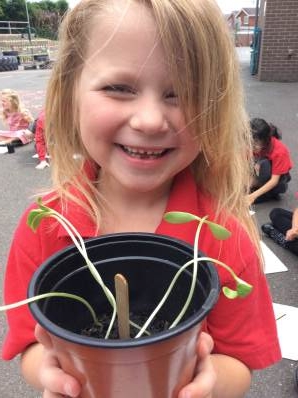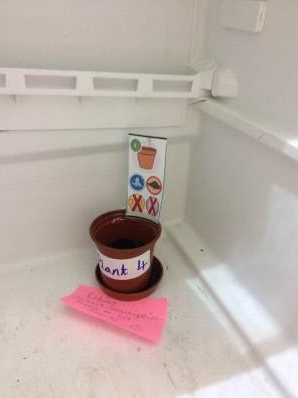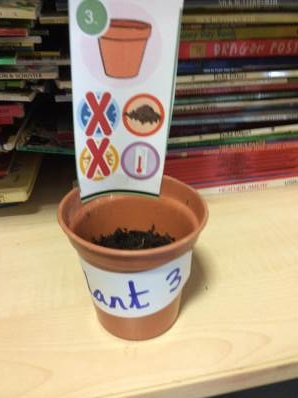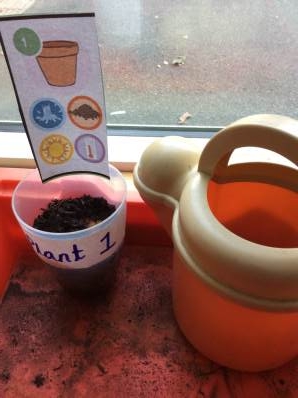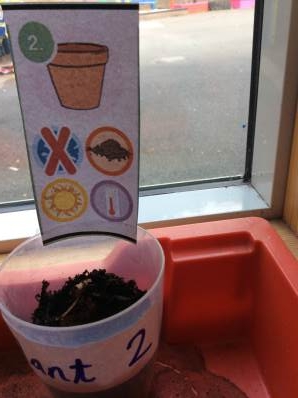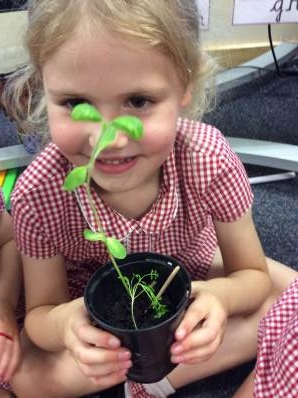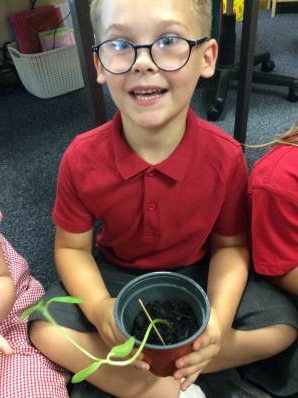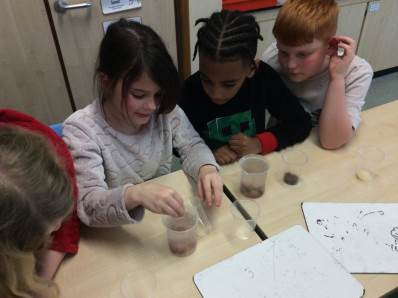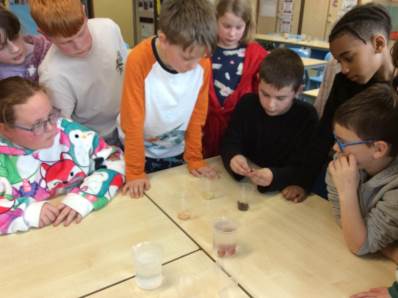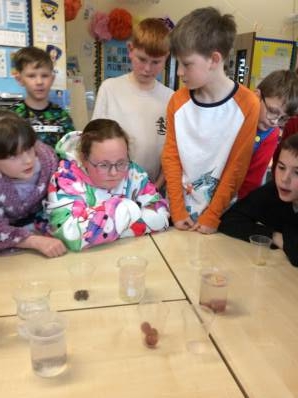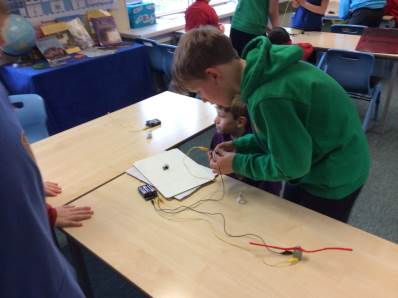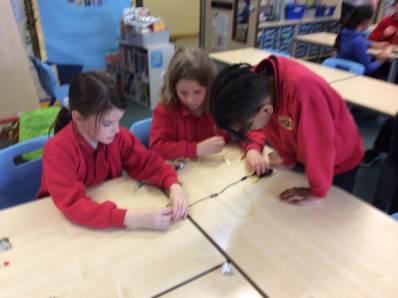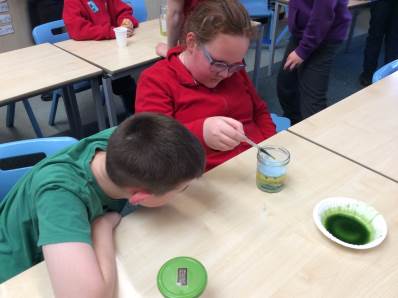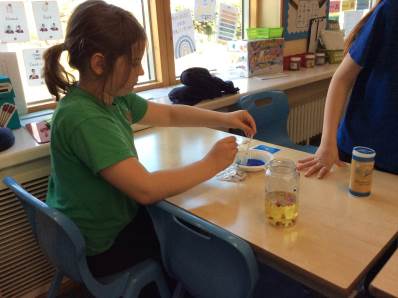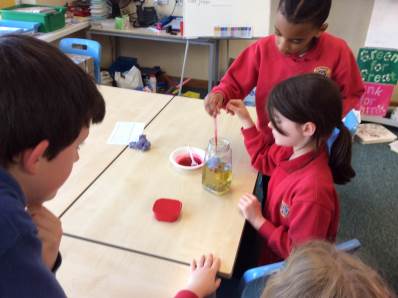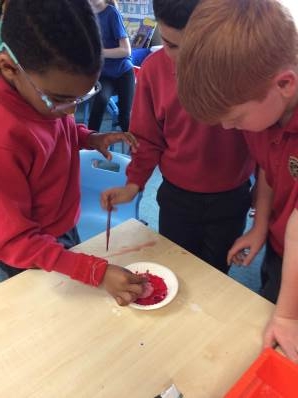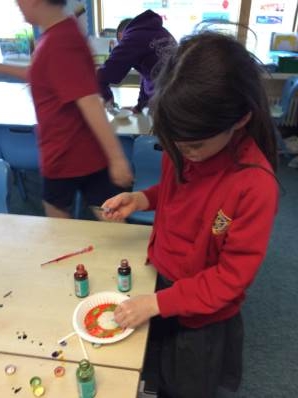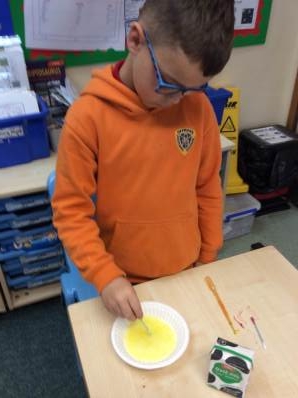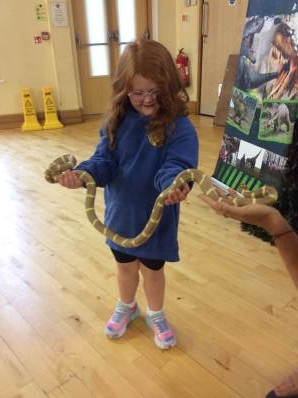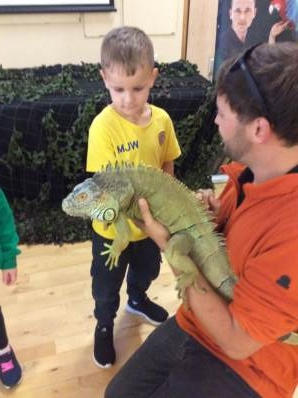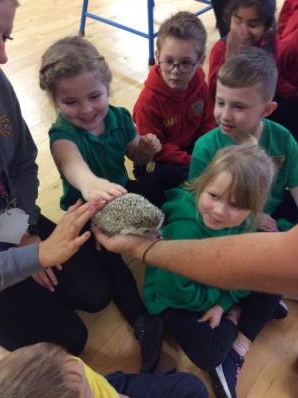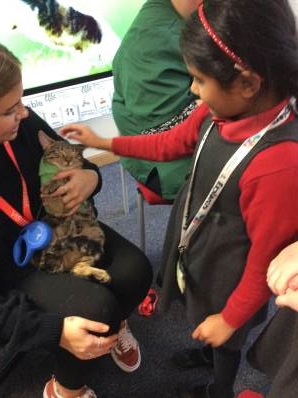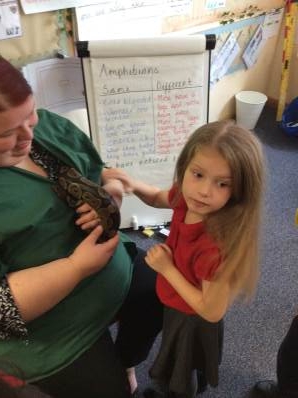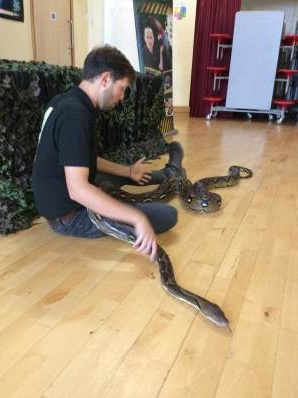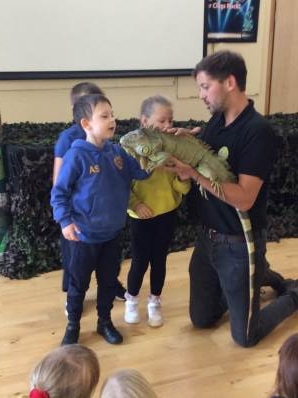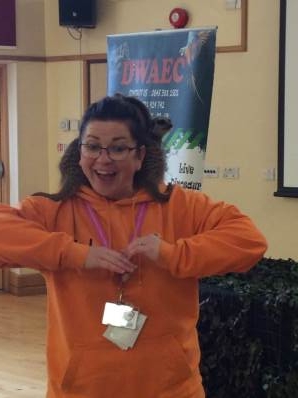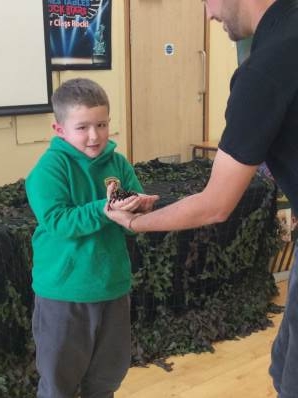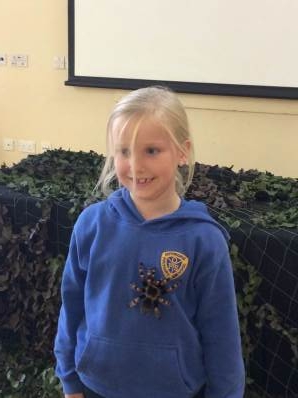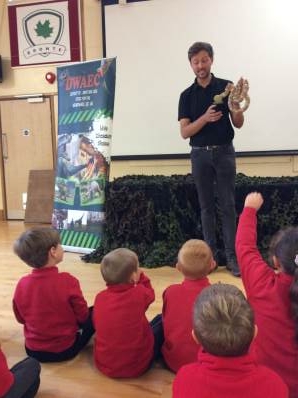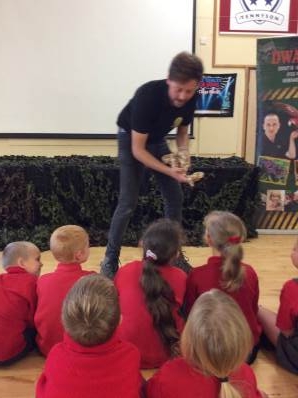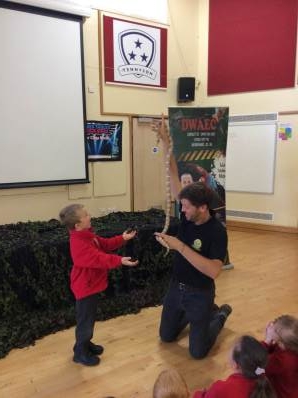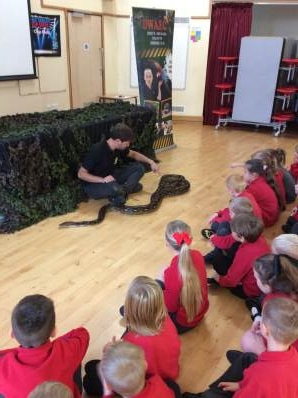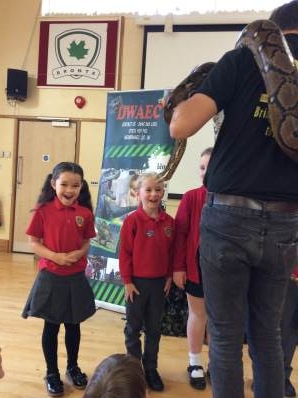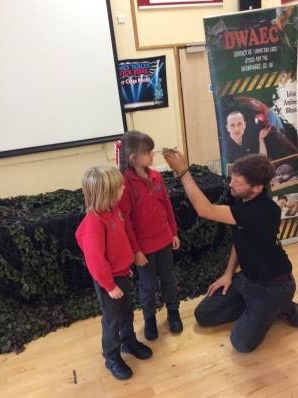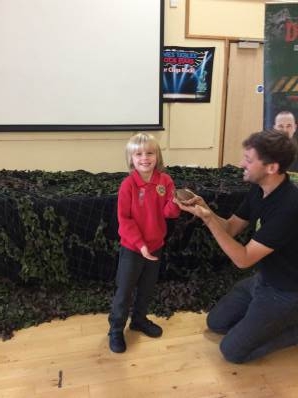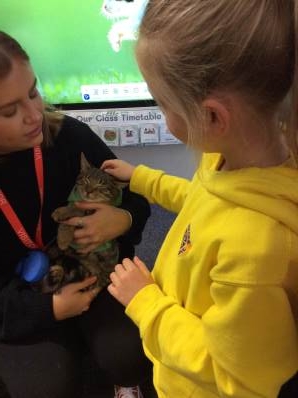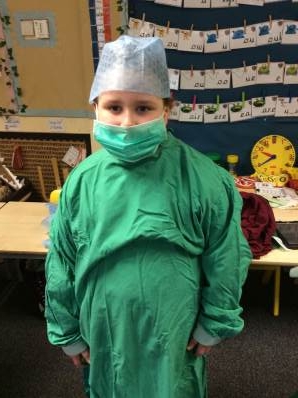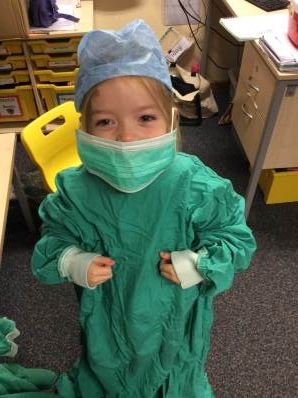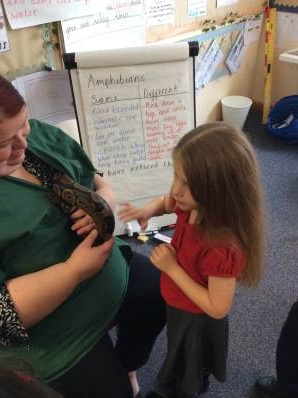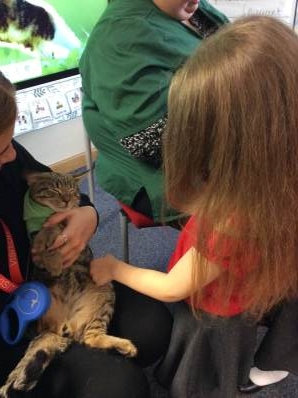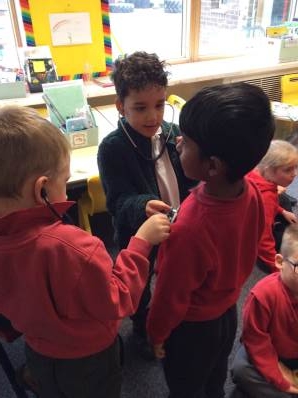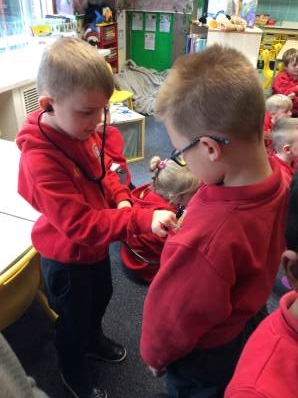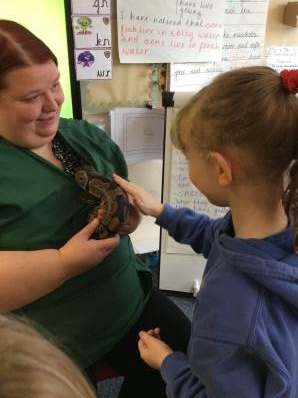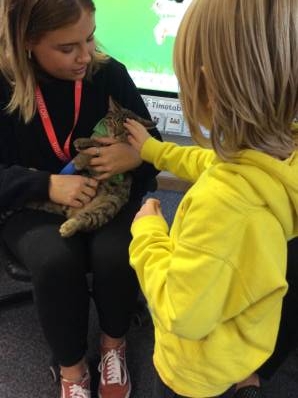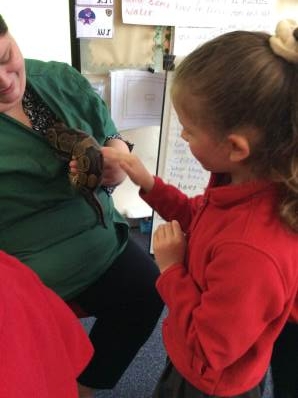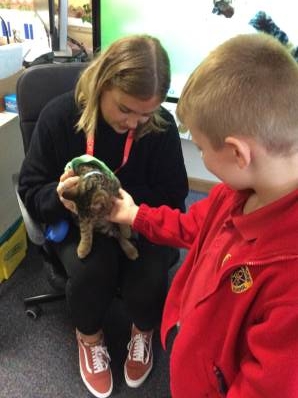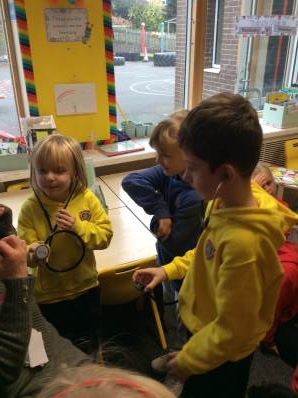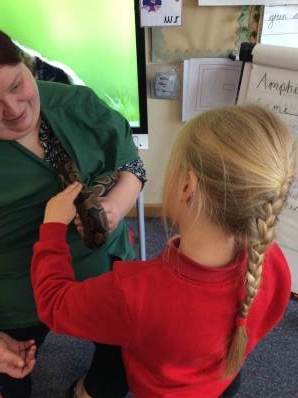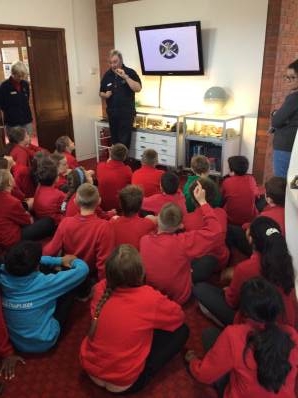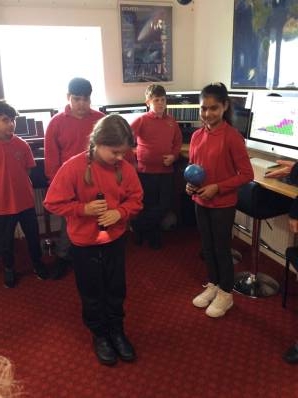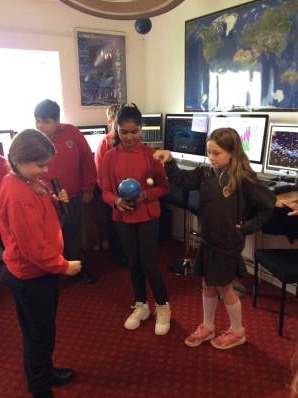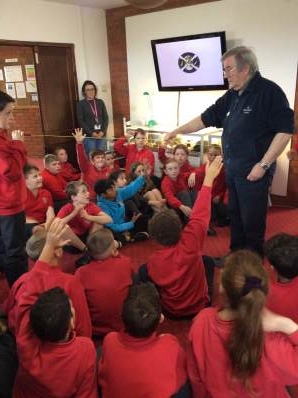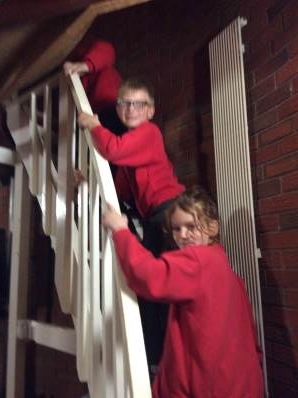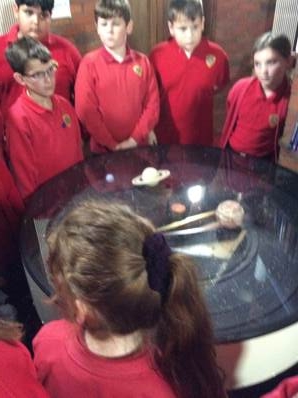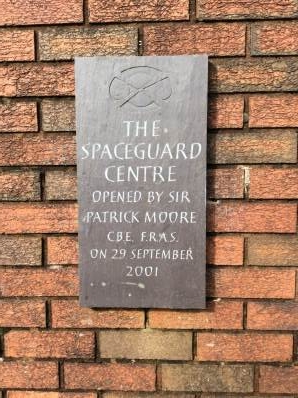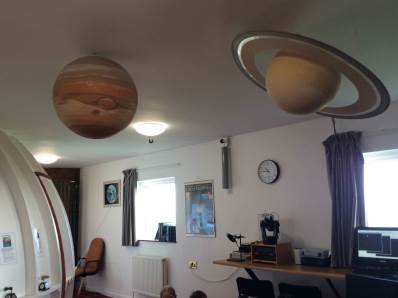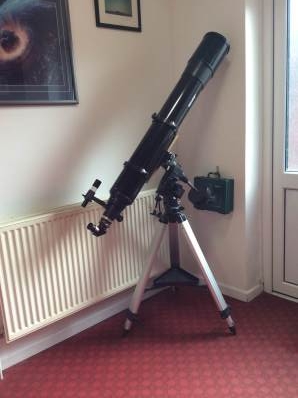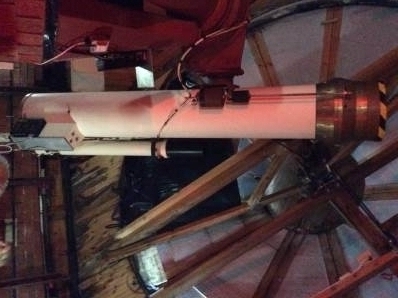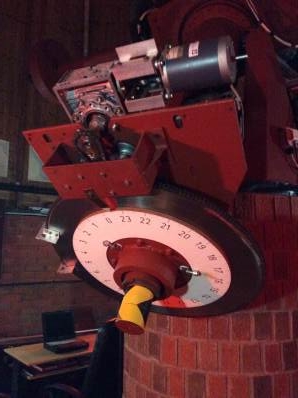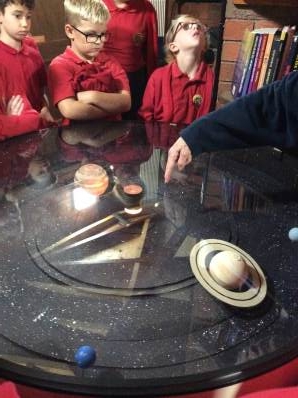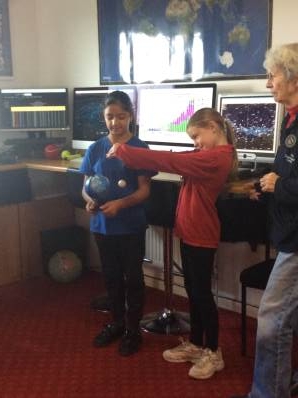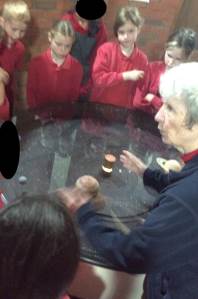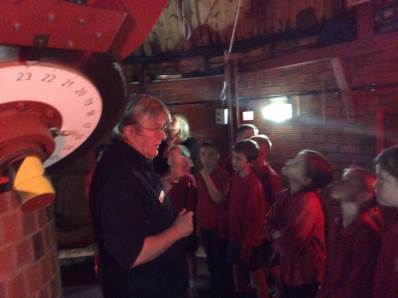Science
Our intent for Science
At Offmore Primary, we aim to provide a stimulating and varied science curriculum. Through a hands-on, inquiry-based approach children experience the joy of exploration and investigation, making their own discoveries. We aim to spark children’s natural curiosity about the world around them and how it works. Real-life experiences and topical scientific breakthroughs and problems (such as the need for green energy or the disposal of plastics) are used so that children can make links between scientific enquiry and real changes in the world we live in. We aim to inspire children to examine to world and environment around them and realise that there are still many, many discoveries still to make.
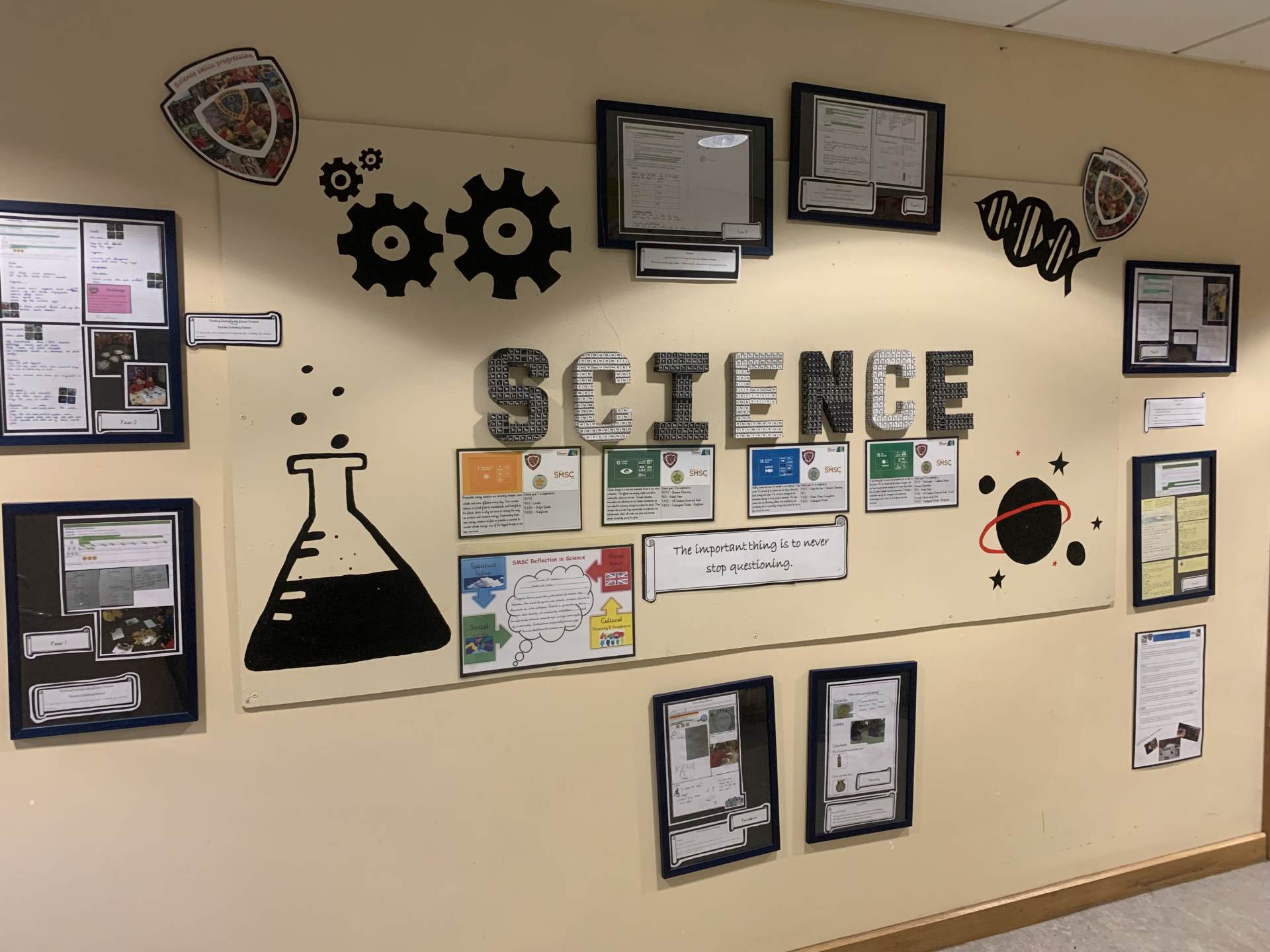
Science- Curriculum Progression Document
Our Science Curriculum Progression Document shows the skills covered by each year group at Offmore Primary. Our two year cycle offers a broad and varied curriculum with the chance to revisit key skills.
science knowledge and skills progression 1.pdf
Science in the Early Years
Inclusion in Science at Offmore
send curriculum inclusion science.pdf
Spiritual, Moral, Social and Cultural Development in Science
Non-Negotiables for the Science learning journey
We have developed a common approach to thinking like an Offmore Scientist, by following the 5 C’s of Science:
Consider, Carry Out, Collect, Compare and Conclude.
This approach starts in Nursery and is progressively built upon until children are fully confident in:
- Asking questions
- Predicting
- Developing methods to answer questions
- Fair testing
- Collecting results
- Drawing conclusions
- Challenging themselves
Aspiration for Science
Through our purpose driven curriculum, we always aim to link science to real life problems, experiences and news events. Our vocation stations reflect real life jobs and visitors which show children how a love of science can underpin a variety of careers.
Aspirations in Science
- EYFS have explored a planetarium
- KS1 - Visits from a vet, Forest Dog Rescue and the Animal Man for their Animal Antics topic.
- LKS2 - Have engaged with a Save our Soils assembly hosted by Worcestershire Wildlife Trust!
- UKS2 have visited the Spaceguard centre in Knighton, Wales
- The whole school attended a Virtual Live session on plastic pollution and were spoken to from people of different vocations, including conservationists and zoologists!
- They've been visited by Rob from Severn Trent, where he discussed how to save water and how the sewage system works!
Science Learning 2024 - 2025
Science Learning 2024-2025 - Additional Opportunities
Science Club
During Spring 2, children from KS2 attended an after school science club with Miss Palmer. They had lots of fun exploring different aspects of science e.g. electrical circuits, sound, chemical changes and much more. See what they did below!
Science Club Spring 2025
KS1 - Animal Man Visit - October
KS1 Animal Man Visit 2024
At the start of October, KS1 had an Animal Man (Ben) come and visit to help us learn more about their topic - Animal Antics. They learned about different animals - their habitat, diet and feature. They also learned what country and continent they are from and what animal group they belonged to. They had the most amazing time!
KS1 - Vet Visit - November
KS1 Vet Visit November 2024
Children in KS1 were visited by a local vet who showcased different animals they treat as well as explored with the children what their job entails! They discussed a variety of animals: mammals, reptiles, birds, amphibians and fish. This all links to their topic of "Animal Antics" as well as help children understand how learning about animals within school can lead them to become vets too!
UKS2 Spaceguard Centre - October 2024
Over the course of three days, the three class in UKS2 visited the Spaceguard centre in October to further expand their space knowledge and understanding due to their Autumn topic being about Space. They developed their knowledge of the planets, what their surfaces are like, the satellites and rovers that have visited the planets, constellations, meteorites and how all the celestial objects move. They looked at an orrery, went inside a planetarium and looked around a mini observatory.
Further support and useful websites
KS1 Science on BBC Bitesize
https://www.bbc.co.uk/bitesize/subjects/z6svr82
KS2 Science on BBC Bitesize
https://www.bbc.co.uk/bitesize/subjects/z2pfb9q
Primary Science Glossary for Parents
https://www.theschoolrun.com/primary-science-glossary-parents
Nat Geo Kids
https://www.natgeokids.com/uk/teacher-category/science/
Science experiments to try at home
https://www.science-sparks.com/science-experiments-for-kids/
